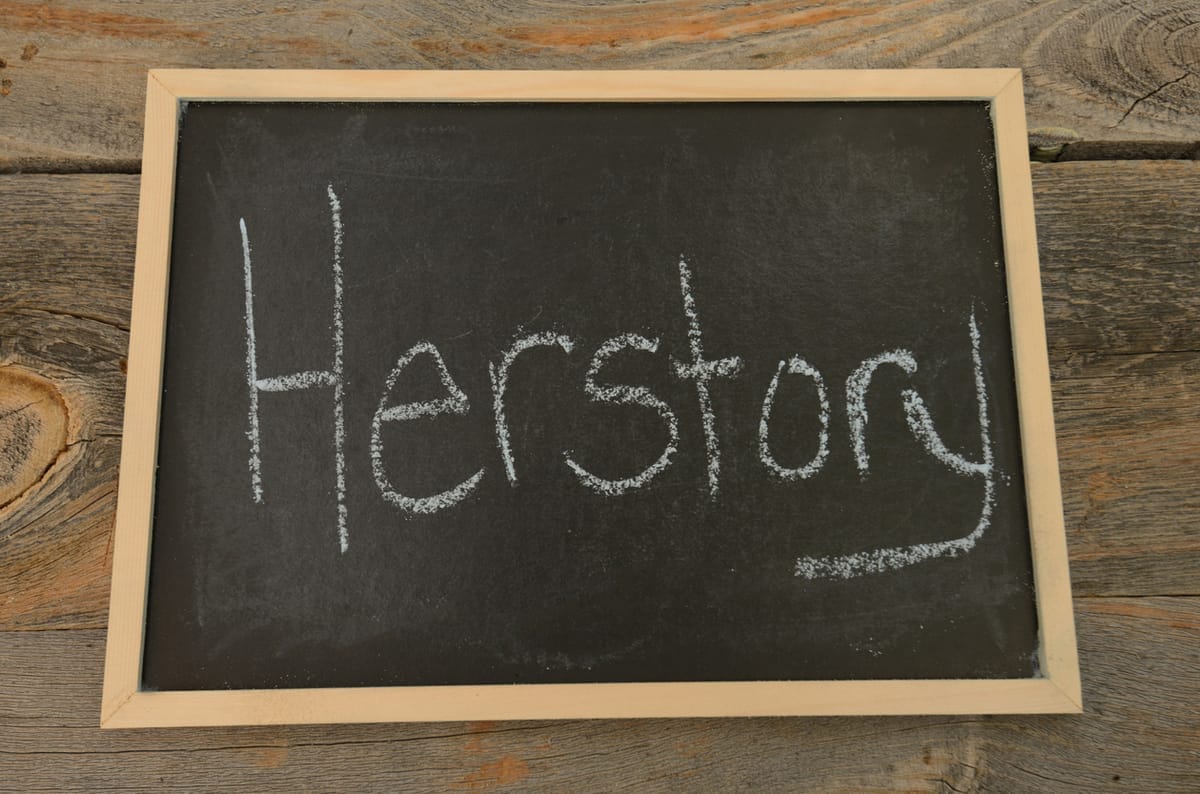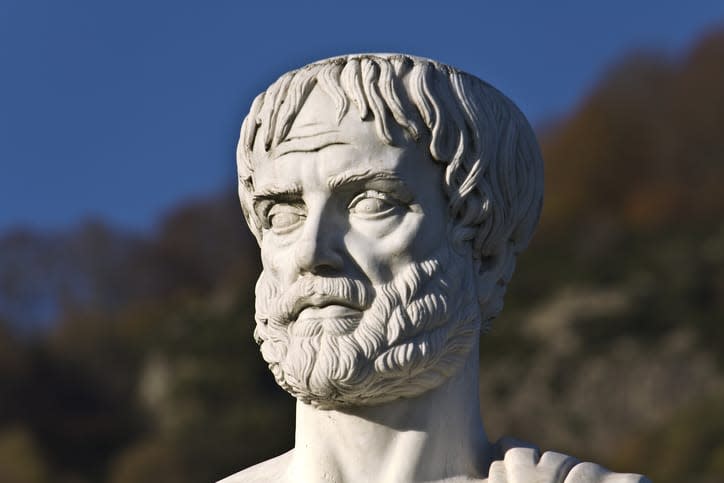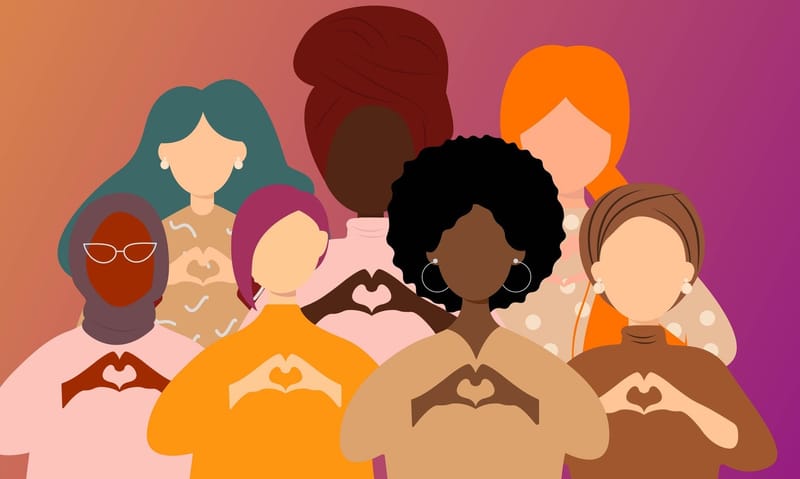
If all men are born free, how is it that all women are born slaves?
So asked the 17th-century philosopher and feminist pioneer Mary Astell.
Astell was a sharp thinker and a wit, a strong advocate for women’s education. She didn’t argue for revolution, or even for the women’s vote, but proposed that because women have the power of reason they’re the equal of men, and therefore should be given the same opportunities to develop their minds.
Monash associate professor of philosophy Dr Jacqueline Broad discovered Astell when she was an undergraduate philosophy student at the University of Tasmania.
“We got a history of male philosophy, and not a single woman was discussed. It was quite strange for me because I was also studying English literature, where the female greats are taught in quite some detail – Jane Austen, Emily Bronte and so on.
“But there were no women philosophers. Because I was curious, and because I thought there was a gap in the literature I could pursue with my studies, I sought out encyclopaedias and dictionaries, and finally found a woman under the title with the two words together – woman philosopher.”
That was Mary Astell. She was a writer who used philosophical ideas to argue for women’s rights –the establishment of an all-female college (A Serious Proposal to the Ladies, 1694), and better treatment of women within marriage (Some Reflections Upon Marriage, 1700), among them.
“There are great opportunities to move beyond academia here and to start to shift public consciousness about the history of women in philosophy generally, but also the history of women’s rights.”
Astell’s books were celebrated when she was first published, her ideas resonating with wealthy women of her day, some of whom became her patrons. As a philosopher, Astell was influenced by Descartes. Like him, she argued that humans are composed of a body, and a soul or mind. She advised women to love and esteem their souls, which involved developing their ability to reason.
To this end, Astell gave women advice on how to think well, “and it’s still the advice we give to students these days when they’re writing an essay”, Dr Broad says, “useful, common-sense advice that women wouldn’t have got, because their education was rather rudimentary”.
“Start by defining your terms. Proceed in an orderly method – a natural, logical progression of ideas. Don’t leave anything out that could be relevant to your subject matter. And don’t positively affirm anything until you’ve looked at the pro and the con positions.”
Although Astell was a devout Christian, she didn’t subscribe to the commonplace 17th-century notion that a virtuous woman was chaste, modest and preferably silent.
“The virtues for her are: having good self-esteem, a love of benevolence towards other people, especially other women – help them to improve themselves. A generosity of spirit – being above the small things of the world. Not being concerned if someone is criticising the way you look or the way you behave – but rather doing what’s right, sticking to your guns, and using your freedom to judge for yourself. I guess today we could call it having a certain integrity,” Dr Broad says.
Influenced by politics
Astell’s feminism was also influenced by political thinkers of her time, who argued against “the absolute monarchs of the period, who could imprison someone at will, could take away their liberty with impunity, could take away their property”.

Astell pointed out (as did fellow feminist Sarah Chapone) that husbands had the same authority over their wives as an absolute monarch had over their subjects.
“Husbands could take away a wife’s property at will, because the law said it was in fact, their property. They could rape their wives. They could starve their wives – they were only expected to provide enough food just to keep them alive. They couldn’t murder their wives, but they could take away every liberty, every independent means of supporting themselves. They could make their lives an absolute misery and not be accountable to the law.”
Dr Broad is reluctant to call Mary Astell the first British feminist. “The more you look at the history of feminist thought, the more it occurs to you that it just goes back and back and back,” she says. “And I’m going to go out on a limb here, because there’s no way I can prove it, but I think there’s always been a feminist movement in the history of human thought. It’s just that we don’t hear about it, or we’ve lost the literature or the oral tradition and so on.”
Lost in history
After Mary Astell’s death in 1731, obituaries were written describing her as celebrated and ingenious – and then she was forgotten.
“As Astell herself said, this is probably because men were the historians,” Dr Broad says. Part of her motivation in studying Astell and other early women philosophers, is not only to show that feminism has a long history, but also to remind the world that women such as Astell played a part in shaping modern philosophical thought.
This is significant for several reasons. Dr Broad says that in Australia, about 90 per cent of philosophy professors are men (about the same percentage as in some STEM subjects); globally, only about 25 to 30 per cent of philosophers in academia are women, and these women are under-represented in senior positions in philosophy.
“One explanation might be that it looks as though women don’t belong in philosophy. They have no recognised history in philosophy, as Simone de Beauvoir once said. When we think of a famous philosopher, we think of Plato and Aristotle and Descartes. It’s very difficult for people to conjure up a woman philosopher, one who comes to mind easily.”
A proud tradition
Another reason is to demonstrate that feminism has a long and proud tradition, and didn’t only appear on the scene in the past 100 years or so. “It’s been a force for change for a long time.”
If you view women’s rights as a “recent human construct”, that reinforces the idea that women’s access to abortion and contraception, for instance, are negotiable privileges. “We can just throw them out. But historically, whenever there have been injustices there have been people – not always women [but men, too] – stepping forward and saying, ‘No, this person has the qualities that mean they’re entitled to a certain treatment’.”
Together with colleagues, Dr Broad is engaged in two Australian Research Council projects, one on the philosophical foundations of women’s rights (1600 to 1750), and another on women and liberty in the early modern and enlightenment periods.
“There are great opportunities to move beyond academia here and to start to shift public consciousness about the history of women in philosophy generally, but also the history of women’s rights,” she says. “So as part of this project we’ll be trying to add to entries on Wikipedia, for example, but also through public campaigns. We want to bring out this history that women have a strong and rich tradition of being intellectuals and of fighting for their rights.”





